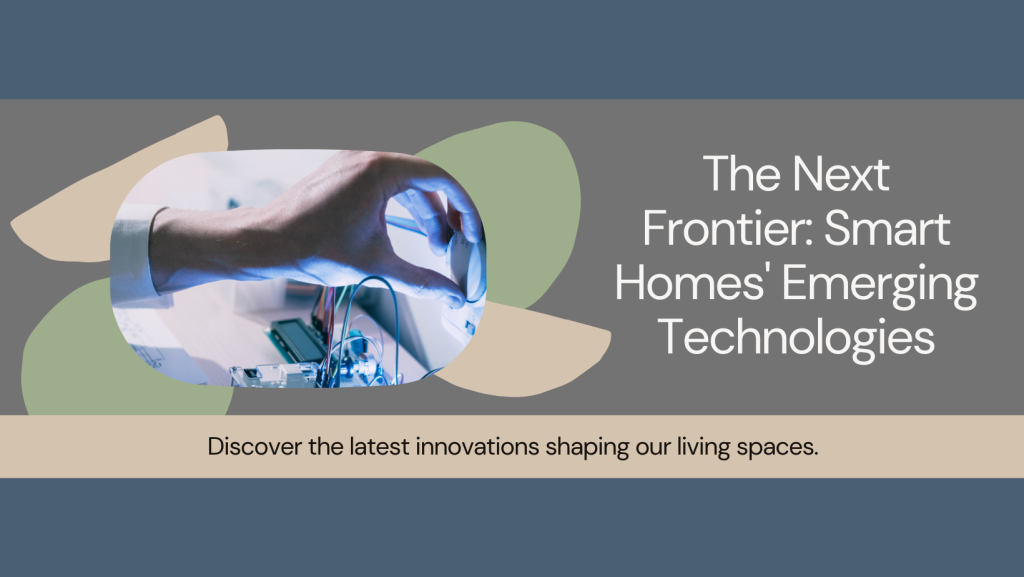New and developing technologies are changing residential living in the future and opening up new options and capacities for homeowners as smart home technology advances. The next wave of smart home technology, which includes robotics, augmented reality, and virtual assistants, promises to completely change how we interact with our living environments and improve our quality of life. In this article, we examine some of the cutting-edge technologies influencing smart home innovation and their possible effects on residential life in the future.
Future smart homes are expected to be significantly changed by augmented reality (AR) and virtual reality (VR), which will provide more immersive experiences and improved ways for us to engage with our living areas.
With the use of augmented reality (AR) applications, homeowners can see potential modifications to their home’s design, furniture arrangement, and renovations before making a decision. Conversely, virtual reality (VR) experiences have the ability to take homeowners to virtual worlds, allowing for immersive entertainment, remote home tours, and interior design consultations.
The future of smart homes is also being shaped by sophisticated sensors and Internet of things (IoT) gadgets, which allow for real-time automation, monitoring, and environment and function optimization. Smart sensors that monitor temperature, motion, and air quality, as well as Internet of Things (IoT) devices that manage lighting, security, and appliances, offer homeowners increased control and insights into their homes, improving convenience, comfort, and energy economy.
Another cutting-edge technology that could completely transform smart homes in the future is robotics, which opens up new avenues for support, automation, and customization. Robotic technology may carry out a wide range of jobs and duties to help homeowners manage their homes more successfully and efficiently, from robotic lawn mowers and vacuum cleaners to personal assistants and home security robots.In conclusion, new technologies are driving innovation and changing how we live and engage with our living spaces, opening us a world of exciting possibilities for the future of smart homes. These technologies, which range from AR and VR to sophisticated sensors and robotics, give homeowners new tools and chances to design more connected, comfortable, and easy-to-live-in spaces for their families.
As these technologies continue to evolve and mature, the future of smart homes promises to be even more intelligent, intuitive, and transformative than ever before.


